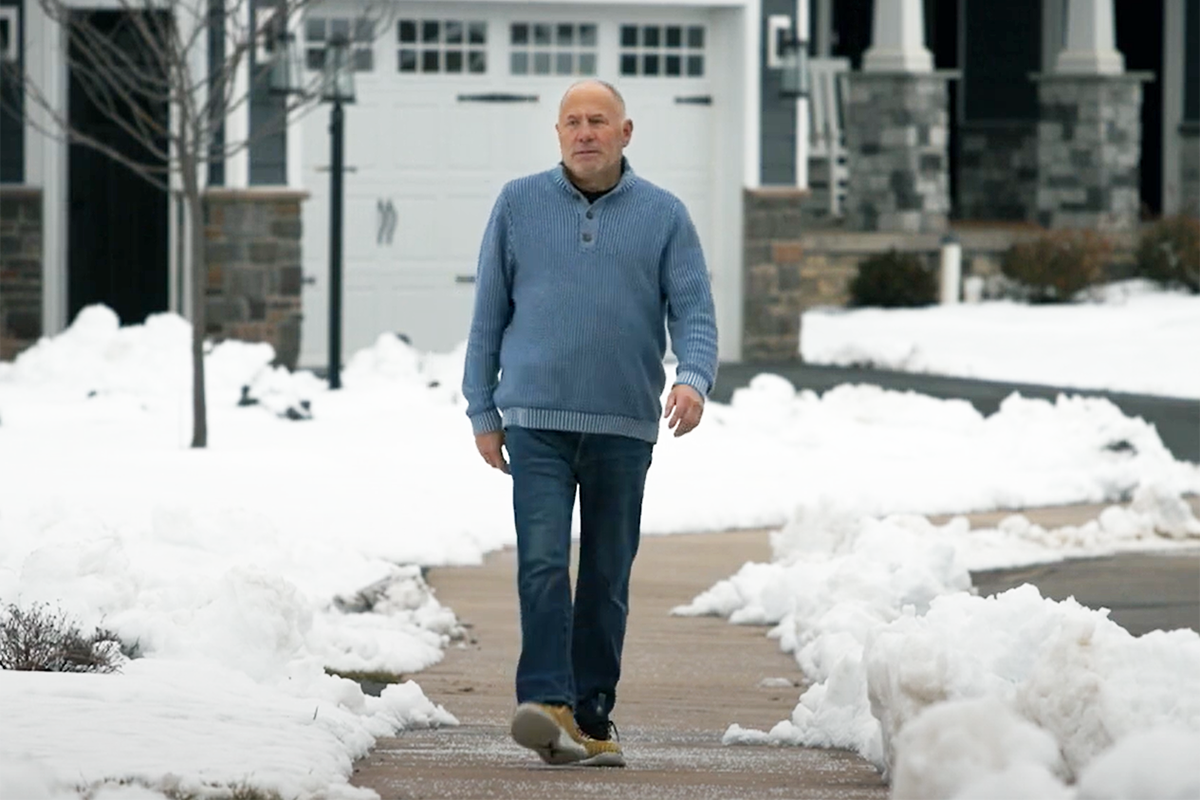Penn State Health celebrates 40th anniversary milestone in heart transplant care

Milton S. Hershey Medical Center celebrated its 40th anniversary of providing heart transplants to patients in the region with a special event for its multidisciplinary heart transplant team on Feb. 22. Milton S. Hershey Medical Center has performed more than 575 heart transplants since launching the program in 1984.
“It’s truly the patients who provide the motivation for our heart transplant program,” said Dr. John Boehmer, program director of the Advanced Heart Failure Program. “The long-term success seen in patients such as Doug Garban is the reason we work so hard to provide the best care possible for our patients.”
Hershey Medical Center’s heart transplant survival rate is the highest in Pennsylvania.
Heart transplant successes
- More than 220 heart transplant recipients currently receive follow-up care at the medical center.
- Hershey Medical Center’s oldest living heart transplant recipient is 86 years old and received transplant No. 61 in June 1989.
- The patient who received heart transplant No. 32 at Hershey Medical Center in May 1986 is still living.
Multifaceted team
The heart transplant team includes surgeons, cardiologists, intensivists, anesthesiologists, perfusionists, nurses, nurse practitioners, pharmacists, social workers, financial counselors and nutritionists. Heart transplant coordinators guide patients through every step of their journey, and the Therapy Services team helps “mobilize” patients after their transplant and prepares them to return home.
Transplant timeline
The medical center is recognized worldwide as a pioneering center for heart and vascular care. Starting in the 1970s, researchers developed the first implantable heart assist device. One year after launching the heart transplant program in 1984, it became one of the first hospitals in the country to implant an artificial heart.
The medical center made history again in 2001 when it became the first to develop and implant the Arrow LionHeart, the first heart-assist device with wireless power. Just over a decade later, Hershey Medical Center became the first in Pennsylvania to send a patient home with a total artificial heart while he waited for a donor heart.
If you're having trouble accessing this content, or would like it in another format, please email Penn State Health Marketing & Communications.
